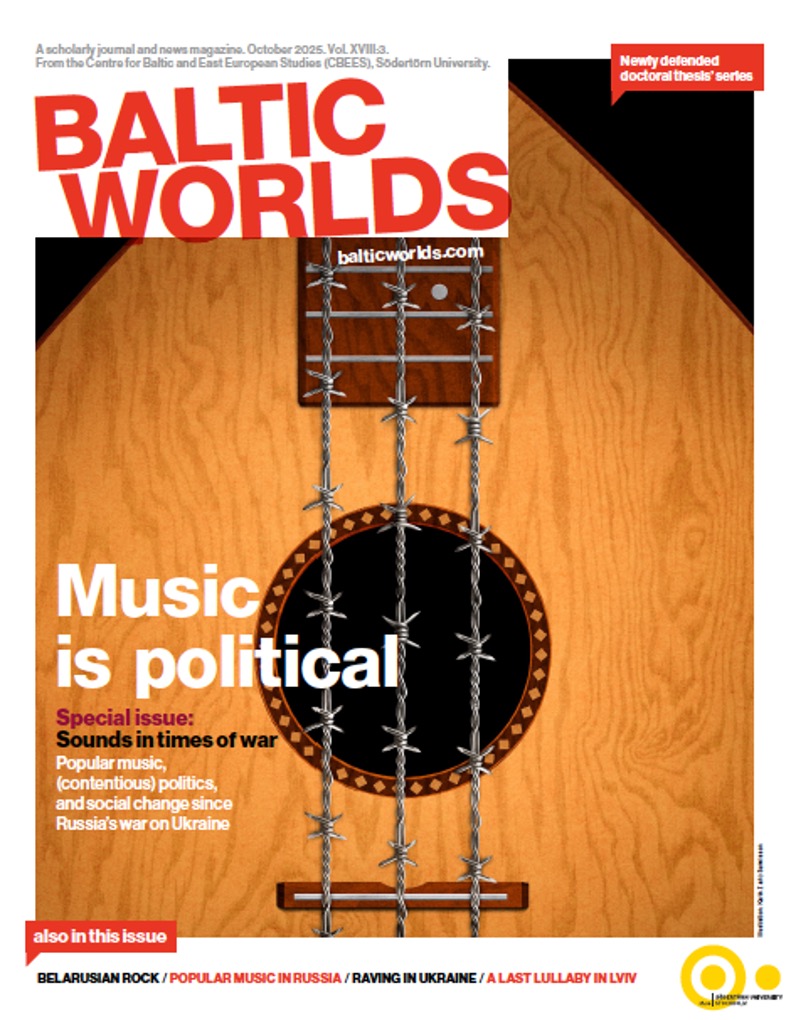The Artists’ Colony in the Former Gdańsk Shipyard
Members of the Artists Colony were participants in the transformation processes, regardless of the functions they performed in such processes, the intensity of contacts with workers at the Gdańsk Shipyard, or the subject of their artistic works. Artists from the Colony identified the area of the former shipyard as a space of their own experience, memory, and history.

 Issue 2025, 3:
Issue 2025, 3: